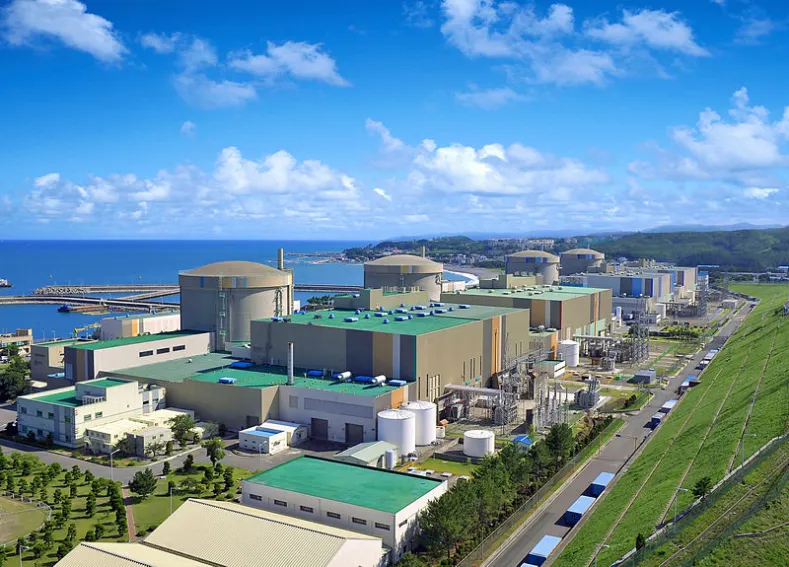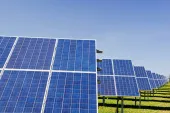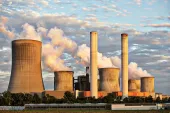
Korea Hydro & Nuclear Power Co. to pocket $603m from restart of 4 reactors
Approval for restart finally came after 3 months.
On Monday, Korea’s Nuclear Safety and Security Commission (NSSC) approved the restart of four nuclear generating units at Korea Hydro & Nuclear Power Co., Ltd.’s Wolseong power plant in southeastern Korea. The units were shut after September’s 5.8-magnitude earthquake, whose epicenter was some 30 kilometers from the plant.
Moody's reported that restarting the four units is credit positive for KHNP and its parent, Korea Electric Power Corporation, because the reactors’ output will boost KHNP’s revenues and slash KEPCO’s overall generation costs. The approval also signals the Korean government’s supportive policy stance toward nuclear power.
Here's more from Moody's:
We estimate that the restart of the four reactors, whose installed capacity totals 2.8 gigawatts, or 13% of KHNP’s total nuclear capacity, will increase KHNP’s annual funds from operations (FFO) by US$603m (KRW700b) to US$862m (KRW1tr) versus the current shutdown levels. The reactor restart will help KHNP improve its FFO/debt ratio to 45%-50% over the next 12-18 months from 39.6% in 2019 . A delay in restarting the reactors for one year would have cut the company’s forecast FFO/debt by five to six percentage points during the period.
KEPCO will also benefit from the restarts, especially during the winter. Nuclear power reduces KEPCO’s overall reliance on more expensive gas- and oil-fired power plants, which will help KEPCO keep its consolidated FFO/debt at 28%-32% over the next 12-18 months, despite a likely increase in fuel costs in 2017. The ratio would have decreased by one to two percentage points had restarting the reactors been further delayed by one year.
The Korean government addressed the public’s heightened safety concerns following the earthquake by strengthening its facility inspection and safety requirements, rather than by trimming its support for nuclear energy. The stricter safety requirements will ensure that all of KHNP’s nuclear facilities can withstand earthquakes of up to a 7.0 magnitude, compared with 6.5 currently, by 2018.
We expect that the government will continue to support and expand nuclear power, which it sees as a stable, low-cost power source for the country’s industrialized economy and a means of reducing carbon emissions pursuant to the Paris Agreement. The government’s policy support indicates KHNP’s strategic importance as the country’s sole nuclear power generator, as well as support for KEPCO, the nation’s only integrated power utility, and underpins their credit quality.



















 Advertise
Advertise







